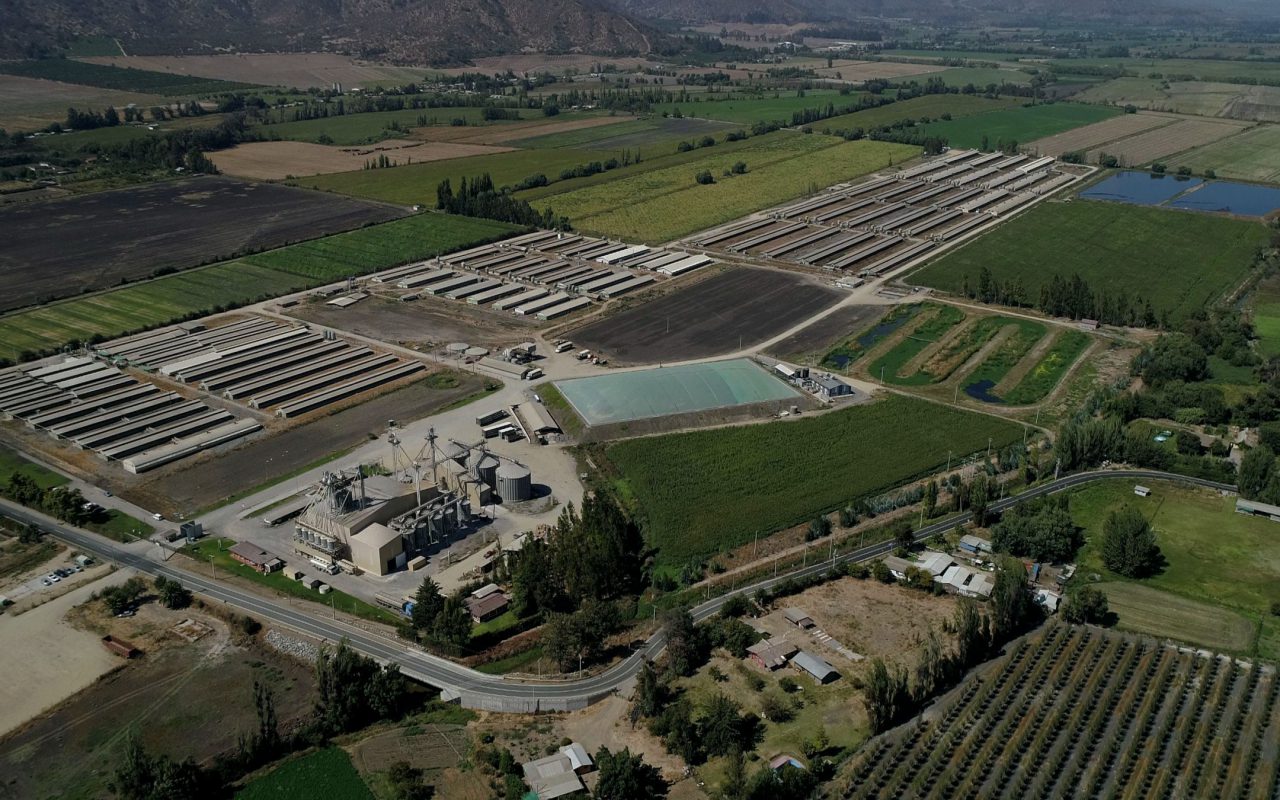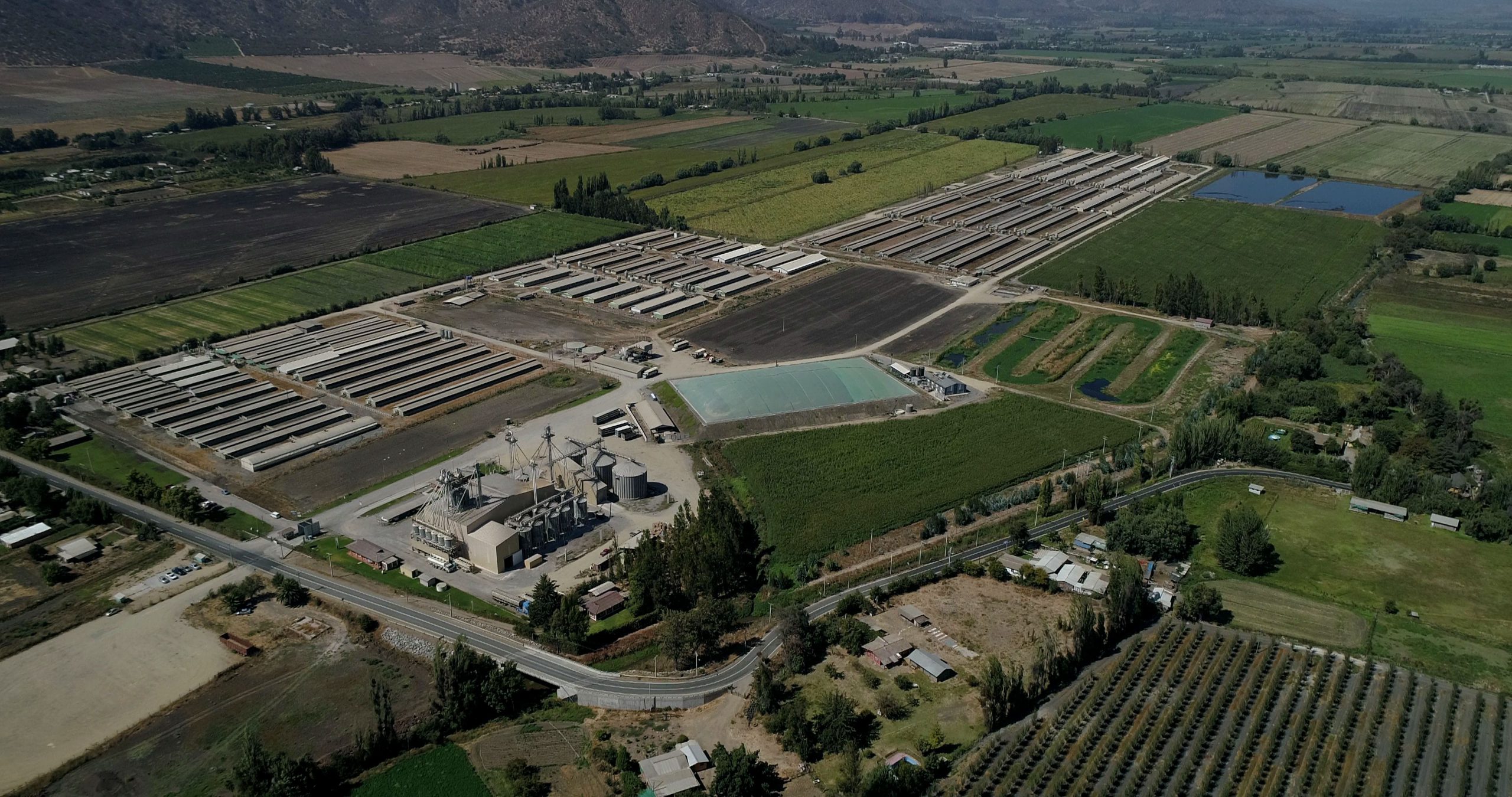
Pork industry makes significant investments to return water to the ecosystem
Although pork production in Chile and the world is usually less intensive in water use when compared to agriculture or other activities such as mining, it also requires a constant and quality supply.There are various initiatives led by pork producers, such as fertigation, one of the most implemented assets of circular economy in the pork […]

Although pork production in Chile and the world is usually less intensive in water use when compared to agriculture or other activities such as mining, it also requires a constant and quality supply.There are various initiatives led by pork producers, such as fertigation, one of the most implemented assets of circular economy in the pork industry, which consists of mixing pork slurry with irrigation water to be used as a fertilizer.
Currently, 100% of the slurry generated is distributed through this fertigation system to farmers in neighboring communities and fields adjacent to livestock farms. This measure is of great help in agricultural production, not only because it hydrates crops, but mainly thanks to the contribution of organic matter and nutrients that improve soil fertility and various properties such as moisture retention, which is key for crops to better withstand water stress.
Gonzalo Balbontín, a corn producer from Mallarauco in Melipilla, explains that “as a neighbor of Agrícola AASA since 2005, I have witnessed the enormous effort they have made to improve and minimize the environmental impact of livestock activity in the community of Viña El Campesino.”
José González, a farmer from Colchagua, commented that “we used it in Chépica, Fundo Las Chiriguas, and the results were quite good. We went from 15,000 to 18,000 kilos per hectare.
According to Daniela Álvarez from ChileCarne, “about 65% of pig slurry generated in Chile is treated with state-of-the-art technologies, such as activated sludge plants, biodigesters, or worm trickling systems, allowing for recirculation in the process and thus higher efficiency in the use of water.” This year, the pork industry joined Chile Conscious Origin (Chile Origen Consciente), a pilot program of the Ministry of Agriculture focused on sustainability. “In the medium term, the goal is for companies to report their improvements online in this area and their contribution to the Sustainable Development Goals (SDGs 2030) by monitoring key indicators,” explains Álvarez.
